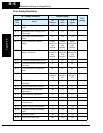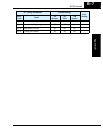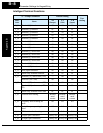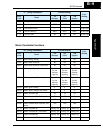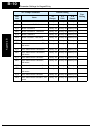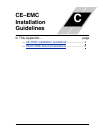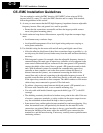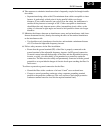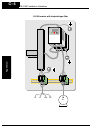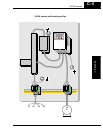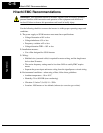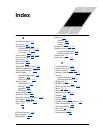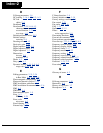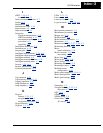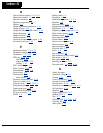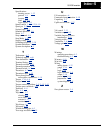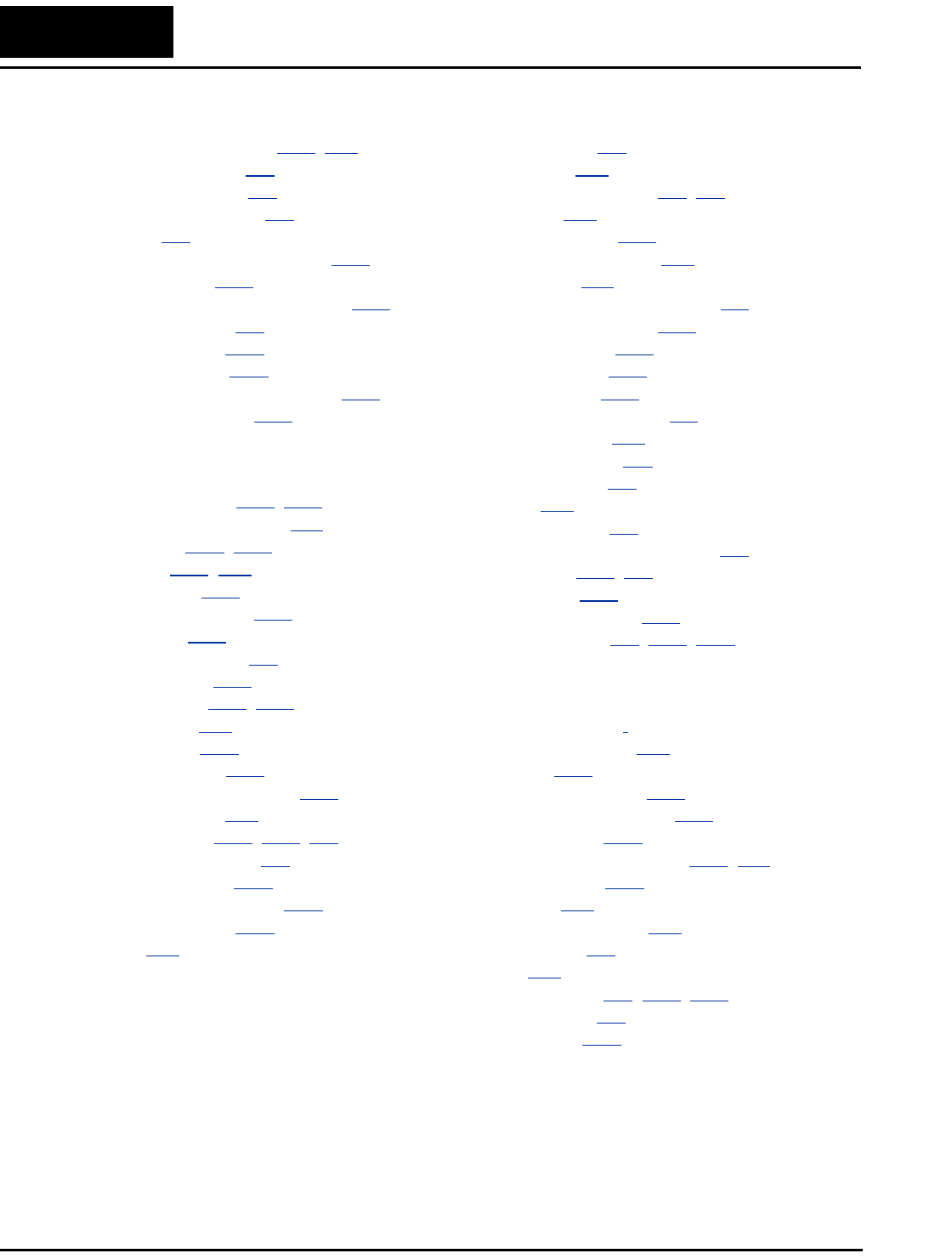
Index–4
O
Open-collector outputs 4–24, A–5
Operational modes 3–5
Operator interfaces 1–3
Optional components 2–5
Options 1–2
Output adjustment parameters 3–41
Output circuits 4–24
Output deviation for PID control 4–29
Output frequency 3–8
Output overload 3–27
Output terminals 2–18
Overload advance notice signal 4–28
Overload restriction 3–27
P
Parameter editing 2–21, 2–24
Parameter settings tables B–2
Parameters 1–21, 2–22
PID loop 1–25, A–5
operation 4–39
output deviation 4–29
settings 3–19
PLC, connecting to 4–4
Poles of motor 2–26
Potentiometer 2–25, 4–32
Power factor A–5
Powerup test 2–19
observations 2–28
Powerup, unattended start 4–18
Process variable A–5
Program mode 2–23, 2–28, 3–4
Programming device 3–2
Proportional gain 3–19
Pulse-width modulation 4–33
PV source setting 3–19
PWM A–6
R
Ratings label 1–4
Reactance A–6
Read/write copy unit 1–3, 3–2
Rectifier A–6
Reduced torque 3–13
Regenerative braking A–6
Regulation A–6
Regulatory agency approvals 1–4
Relay alarm contacts 4–30
Remote control 4–23
Reset function 4–21
Restart Mode 3–32
Reverse run command 4–9
Reverse torque A–6
Revision history xvii
RF noise filter 5–4
Rotor A–6
Run command 4–9
Run command source setting 3–9
Run mode 2–28, 3–5
Run signal 4–25
Running the motor 2–27
Run-time edits 3–5, 3–28, 4–19
S
Safety messages i
Saturation voltage A–6
Scaling 3–30
S-curve accel/decel 3–23
Second accel and decel 3–21
Second motor 4–14
Sensorless vector control 3–14, A–6
Set 2nd motor 4–14
Setpoint A–6
Single-phase power A–7
Sinking I/O 4–4
Slip A–7
Software lock 3–5, 3–28, 4–19
Sourcing I/O 4–4
Spare parts 6–11



